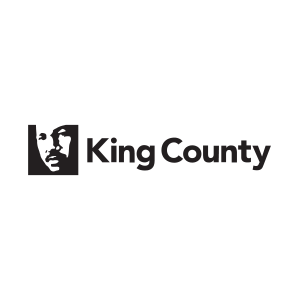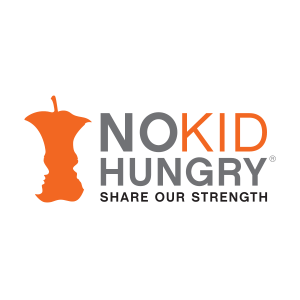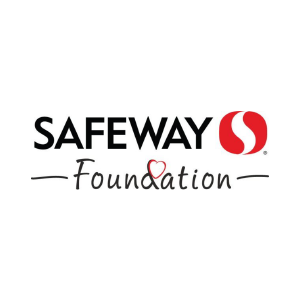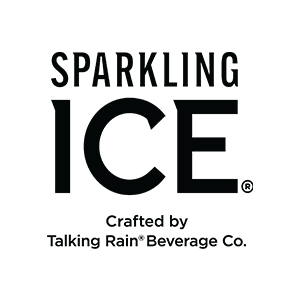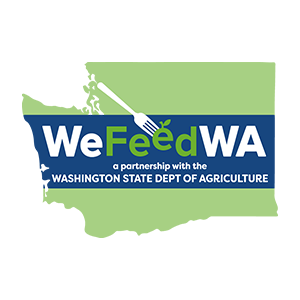Together, We Can Bring Food Security
to the Table.
Everyone deserves to have enough to eat, but poverty makes it hard to consistently put food on the table. The emergency food system is doing its best to meet the sharp increase in demand. But being overburdened, organizations’ ability to serve our historically underserved neighbors is limited. At United Way, one of our priorities is to enable dignified and equitable access to culturally specific, nutritious food.
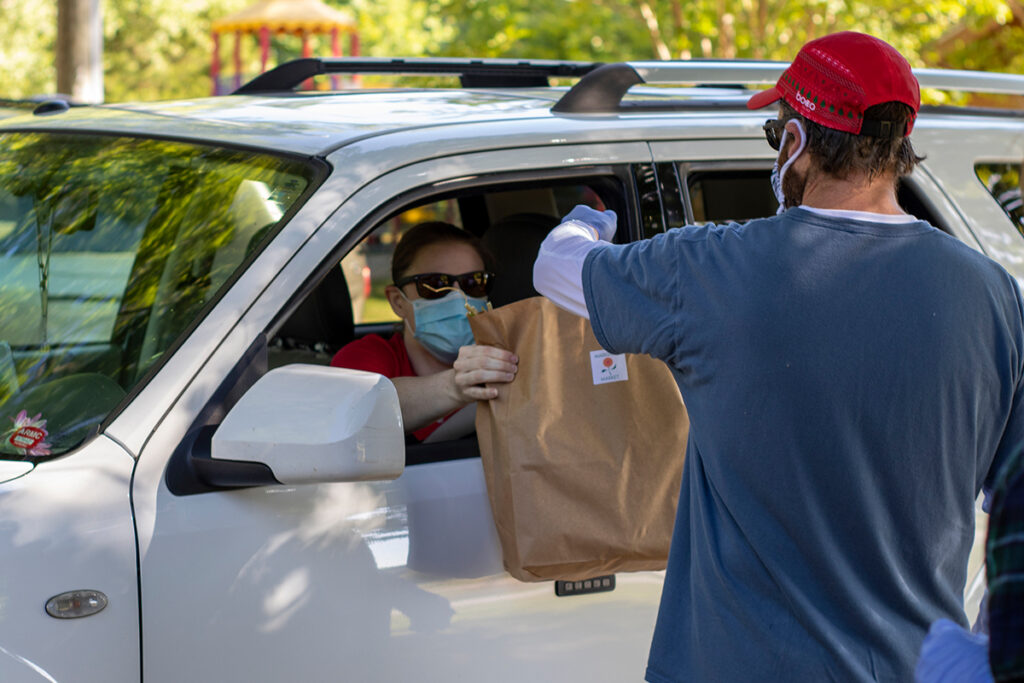
Through strong community partnerships with local farmers, food banks, grocery stores and DoorDash—and you—we’re working to fundamentally change the way the emergency food system operates.
Real People. Real Stories.
Home Grocery Delivery Program
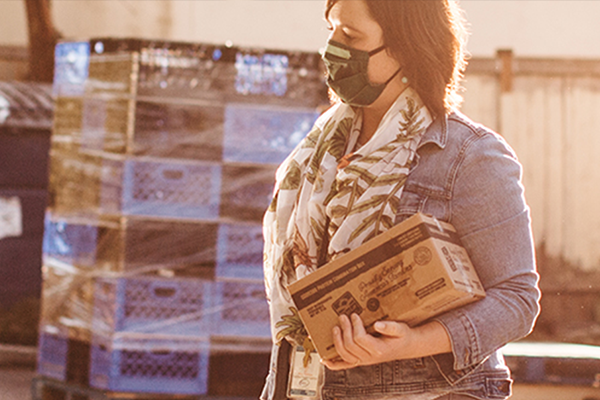
With over 700,000+ deliveries, this program has now scaled and reimagines the way the emergency food system works so that we can better serve all our neighbors, including low-income and households of color.
Child Nutrition
Childhood hunger in the United States is a result of poverty—not food shortage. 1 in 8 Washington adults with children now have difficulty affording food for their whole household. At United Way, while we’re actively engaged in transforming long standing systems, we know that hunger is an immediate crisis, and we’re acting on it right now.
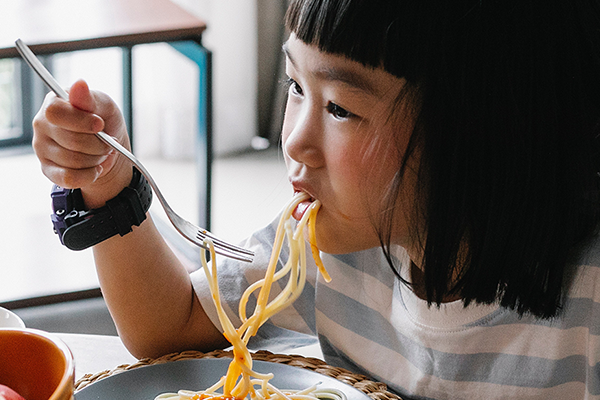
Food Justice Collaborative
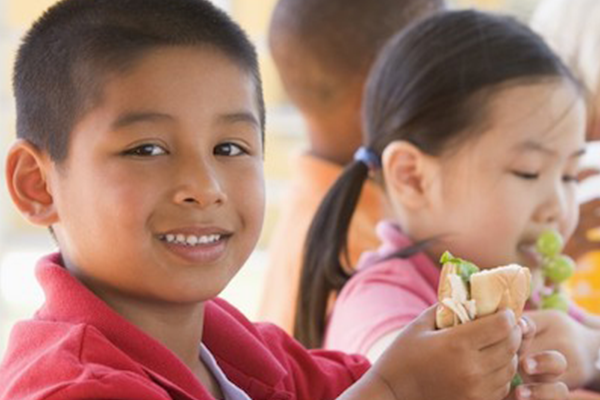
In King County, a jurisdiction that is home to more than 68,000 millionaires, 32% of Black and 26% of Latino adults experience food insecurity, compared to just 7% of white adults. For communities of color, historic and systemic racism makes poverty and food insecurity disproportionately real.
United Way’s Food Justice Collaborative is a food coalition that centers communities of color. It is made up of former food security grantee organizations who’ve been directly impacted by systemic inequities in the King County food ecosystem, and who serve predominantly clients of color experiencing disproportional levels of poverty and food insecurity.
Support Our Work
With the need for hunger relief in King County soaring, our goal is to listen to our community’s priorities and support long-term systems change. The more money we raise to provide hunger relief, the more kids, families, and people we can help. Every dollar counts.
Thanks to Our Supporters:



